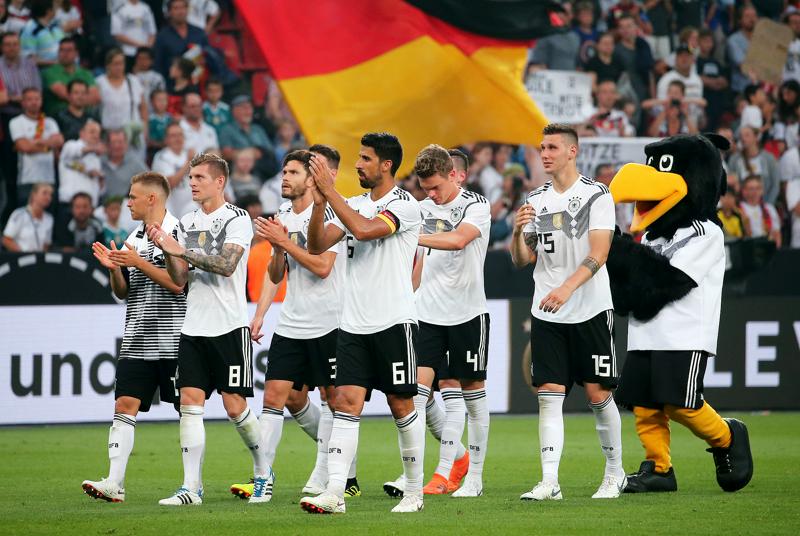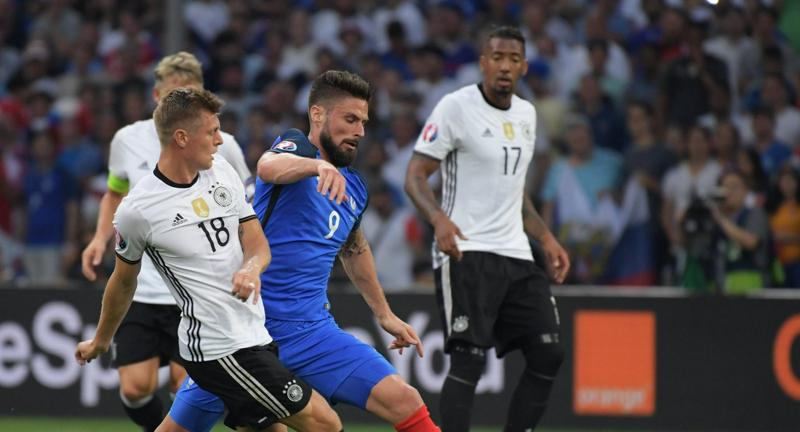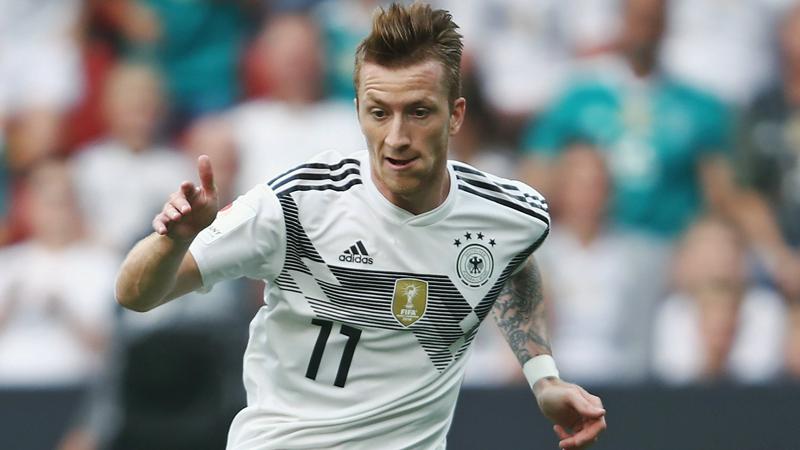Germany enter the World Cup as one of the main favourites, and they are determined to emulate their 2014 success. However, the history suggests that it will be difficult - in the past, “Die Mannschaft” have never managed to defend their title.

Failing to defend title
The German team have won the World Cup four times - in 1954, 1974, 1990 and 2014. If they had claimed their third title four years later, in 1994, the intervals between the successful performances would be perfectly uniform - 20 years. But in any case, we can see that it has never been possible for “Die Mannschaft” to play two straight successful tournaments.
Let us remember how they tried to defend their title previously. In 1958, four years after winning the World Cup in Switzerland, Germany made it to the semi-final, yet they finished fourth and could not win medals. In 1978, “Die Mannschaft” were unable to reach even that far - many players of the brilliant generation that had won the title in 1974 aged or retired, so the team’s level dropped for a while before they won the EURO 1980. A similar story happened in the nineties - the generation of Lothar Matthaeus, Juergen Klinsmann and Rudi Voeller conquered the football world in 1990, yet they failed to keep the same level in 1994. And once again, Germany partly renewed their squad and went on to claim the European title two years later…

Talent factory
As we can see, the history suggests that their time is likely to come in 2020, but not now. Yet the question is: should we trust such historic patterns? After all, the tournaments are won on the pitch, not on paper, and “Die Mannschaft” have enough power to again fight for the highest places.
Of course their squad has changed for the last four years. A number of 2014 heroes have left the national team or retired from football altogether, including big names like Miroslav Klose, Philipp Lahm, Bastian Schweinsteiger, Lukas Podolski or Per Mertesacker. On the other hand, the German football is a factory that generates many talents practically every year, so there is no shortage of high-level footballers in the country.
The best example is probably Joshua Kimmich, a Bayern Munich versatile defender and midfielder who has risen to prominence during the last few years. The 23-year-old, whose role model is Bastian Schweinsteiger, already has an experience of participating in a major tournament, EURO 2016, but now he has matured and is seen as one of the key players both at his club and the national team.
Another example is Timo Werner, the 22-year-old Leipzig striker who recently made history by becoming the youngest player in Bundesliga history to reach 150 top-flight appearances. Seen as a heir to Miroslav Klose as “Die Mannschaft”s leading striker, Werner worshipped another German forward in his teen years, as posters of Mario Gomez were hanging in his room. Actually Gomez himself is now Werner’s fan - Super-Mario is sure that Timo will lead Germany’s attack for the next ten years.

Reus is a special case
Kimmich and Werner are just two of many promising talents that have grown in Bundesliga during the recent years. Matthias Ginter, Jonathan Tah, Leroy Sane, Julian Brandt are some other names that come to mind. But young players need experienced colleagues by their side, and they are also abundant in the German squad. Players like Manuel Neuer, Jerome Boateng, Sami Khedira, Thomas Mueller, Mesut Ozil, Mats Hummels or Toni Kroos have gradually become almost veterans - all these 2014 heroes are either in their thirties already, or coming close.
Marco Reus is a special case - Borussia Dortmund midfielder has missed both 2014 World Cup and EURO 2016 due to injuries, so now he is especially hungry for success. The player has missed a large part of the past season through another injury, yet he left a solid impression playing for his club after the comeback and deserved a place in the national team. At the same time, his Dortmund teammate Mario Goetze, who scored the winner against Argentina in the 2014 final match, now was not selected by Joachim Loew.
The national coach has been in charge of the team since 2006, and such stability is typical for Germany - in fact, they have had only ten coaches during the whole history. And “Die Mannschaft”s results have been also quite consistent - can anyone even remember when Germany failed to qualify to a World Cup or EURO, or to progress from the group at these tournaments? However, winning a title is a different thing, and the power and potential of the team does not guarantee ultimate success.
Comments